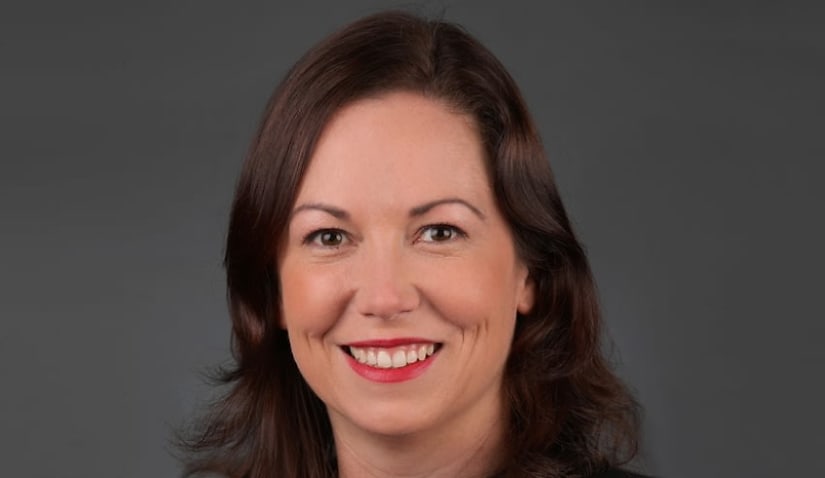Victorians have been invited to contribute to a suite of nationwide reforms that seek to harmonise defamation laws and encourage victim-survivors to report criminal and unlawful behaviour without the fear of being sued.

At a meeting on 12 August, attorneys-general across states and territories agreed to engage in a public consultation on the proposed national defamation laws.
The draft consultation paper outlines the scope of the issue in Australia, noting that about one in four women in Australia has experienced actual or attempted sexual assault at some point in their life.
One in six women, and one in sixteen men, have experienced physical and/or sexual violence by a partner. Between 70 per cent to almost 90 per cent of Australians who have been sexually assaulted have not reported their most recent assault to police.
Media reports and statements by survivors of sexual assault suggest that fear of being sued for defamation is a significant contributor to low reporting rates.
The proposed changes also aim to reduce the emotional and financial toll associated with defending a defamation claim.
“Victim-survivors should be able to report and share what happened to them without the threat of defamation hanging over their heads,” said Victorian Attorney-General Jaclyn Symes.
The proposal seeks to strike a balance between protecting victim-survivors from claims of defamation when making a report to police and other bodies, whilst also maintaining appropriate safeguards to limit any improper reputational damage.
No changes are proposed for statements made to media outlets.
“These changes will remove another barrier that can prevent victim-survivors [from] coming forward to share their experiences,” said the A-G.
While false reporting of sexual offences occurs in all environments, research on the prevalence of false, misleading or vexatious publications has consistently found them to be rare. The far more significant issue faced by investigative and enforcement bodies is the reluctance of victim-survivors to report offences.
As part of the national harmonisation plan, NSW is also calling on Australians to provide feedback on proposed defamation laws relating to material published online, including on search engines and social media sites.
The proposed amendments follow a discussion paper published in 2021, which received almost 50 written submissions from legal professionals, academics, technology and media companies, and community legal service organisations.
This move complements another recent decision made by the Victorian government to provide better protections to victim-survivors of sexual assault by implementing legislation aimed at shifting scrutiny from victim-survivors to perpetrators.